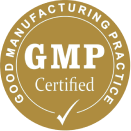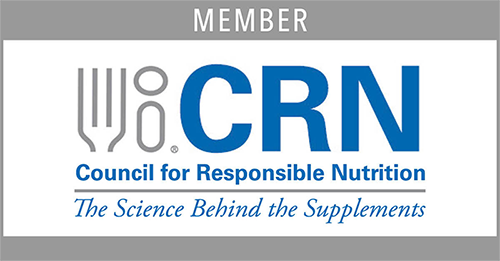What is It?*
Source Type: Water-soluble vitamin
Source(s):
- Naturally present in almost all foods, both plant and animal (beef, poultry, seafood, organ meats, eggs, milk, mushrooms, avocados, potatoes, broccoli, whole grains, nuts, seeds, legumes)
- Chemically synthesized in labs
Pantothenic acid, also called vitamin B5, is a water-soluble vitamin that is necessary for converting carbohydrates, proteins, and fats into energy. Pantothenic acid also plays a role in the synthesis of fatty acids, cholesterol, and steroid hormones.
Benefits*
Pantothenic acid has been used to help lower cholesterol levels, promote skin care and wound healing, and improve symptoms of rheumatoid arthritis.
Effectiveness*
Studies have shown that pantethine, a form of pantothenic acid, has the ability to decrease serum total cholesterol and LDL levels (the bad cholesterol), thus reducing cardiovascular risk.
Preliminary research suggests that when pantothenic acid has moisturizing effects on the skin when used topically, but researchers are still not sure how this mechanism works. Other studies have shown that pantothenic acid supplements combined with vitamin C may speed up wound healing, particularly following surgery.
Thus far, the evidence surrounding pantothenic acid and relief from rheumatoid arthritis symptoms is weak. Some studies found that calcium pantothenate (a synthetic form of B5 often found in supplements) improves RA symptoms, including morning stiffness and pain, but more research is still needed.
Risks*
Very high doses of pantothenic acid can cause diarrhea and may increase the risk of bleeding. Caution should be taken in those who are taking blood-thinning medications. In addition, pantothenic acid has the potential to interact with certain medications, such as antibiotics and drugs used to treat Alzheimer’s disease.



